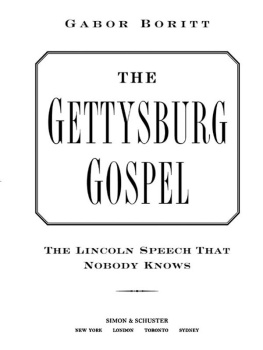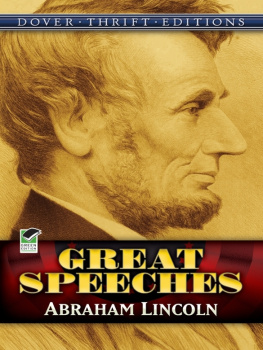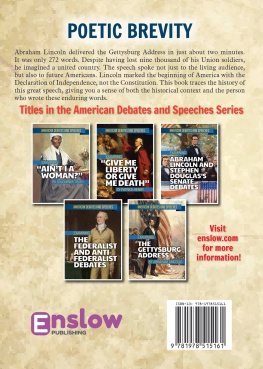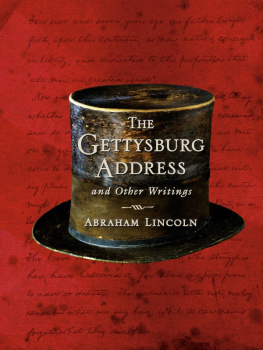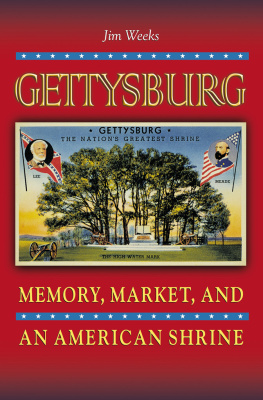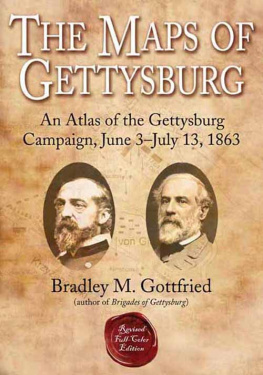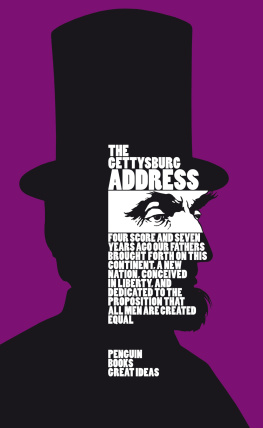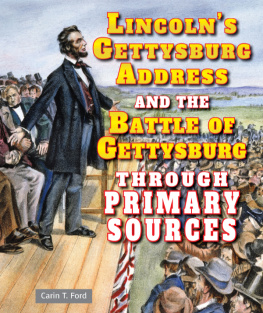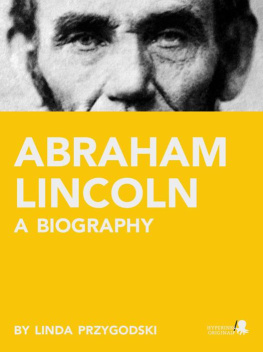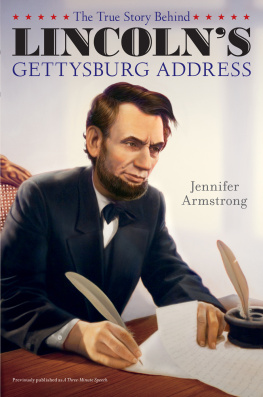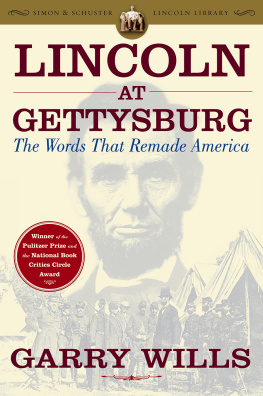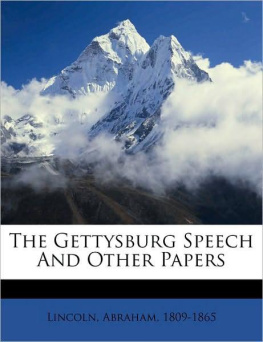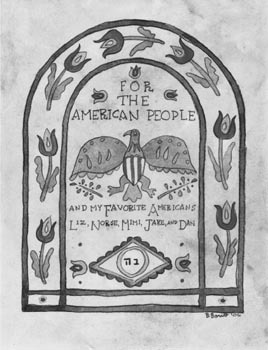Gabor S. Boritt - The Gettysburg Gospel: The Lincoln Speech That Nobody Knows
Here you can read online Gabor S. Boritt - The Gettysburg Gospel: The Lincoln Speech That Nobody Knows full text of the book (entire story) in english for free. Download pdf and epub, get meaning, cover and reviews about this ebook. year: 2006, publisher: Simon & Schuster, genre: Romance novel. Description of the work, (preface) as well as reviews are available. Best literature library LitArk.com created for fans of good reading and offers a wide selection of genres:
Romance novel
Science fiction
Adventure
Detective
Science
History
Home and family
Prose
Art
Politics
Computer
Non-fiction
Religion
Business
Children
Humor
Choose a favorite category and find really read worthwhile books. Enjoy immersion in the world of imagination, feel the emotions of the characters or learn something new for yourself, make an fascinating discovery.
- Book:The Gettysburg Gospel: The Lincoln Speech That Nobody Knows
- Author:
- Publisher:Simon & Schuster
- Genre:
- Year:2006
- Rating:5 / 5
- Favourites:Add to favourites
- Your mark:
The Gettysburg Gospel: The Lincoln Speech That Nobody Knows: summary, description and annotation
We offer to read an annotation, description, summary or preface (depends on what the author of the book "The Gettysburg Gospel: The Lincoln Speech That Nobody Knows" wrote himself). If you haven't found the necessary information about the book — write in the comments, we will try to find it.
Planning Americas first national cemetery revitalized the traumatized people of Gettysburg, but the dedication ceremonies overwhelmed the town. Lincoln was not certain until the last moment whether he could come. But he knew the significance of the occasion and wrote his remarks with care -- the first speech since his inauguration that he prepared before delivering it. A careful analysis of the Addressand the public reaction to it form the center of this book. Boritt shows how Lincoln responded to the politics of the time and also clarifies which text he spoke from and how and when he wrote the various versions. Few people initially recognized the importance of the speech; it was frequently and, at times, hilariously misreported. But over the years the speech would grow into American scripture. It would acquire new and broader meanings. It would be better understood, but also misunderstood and misinterpreted to suit beliefs very different from Lincolns.
The Gettysburg Gospel is based on years of scholarship as well as a deep understanding of Lincoln and of Gettysburg itself. It draws on vital documents essential to appreciating Lincolns great speech and its evolution into American gospel. This is an indispensable book for anyone interested in the Gettysburg Address, Abraham Lincoln, the Civil War, or American history.
Gabor S. Boritt: author's other books
Who wrote The Gettysburg Gospel: The Lincoln Speech That Nobody Knows? Find out the surname, the name of the author of the book and a list of all author's works by series.

